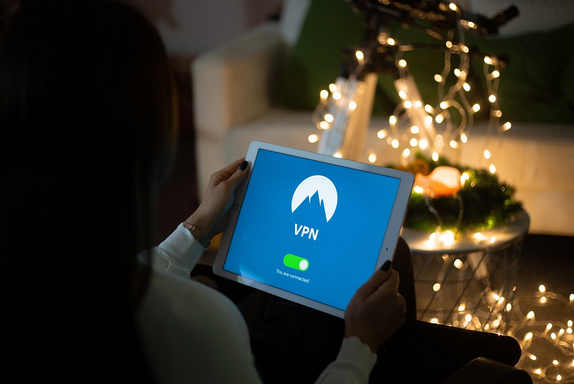In the ever-expanding realm of digital connectivity, Virtual Private Networks (VPNs) have undergone a fascinating evolution, adapting to the dynamic landscape of cybersecurity and user privacy. From humble beginnings to the frontier of quantum-safe encryption, the journey of vpn technology is a testament to its crucial role in safeguarding our online experiences.
Point-to-Point Tunneling Protocol

The origins of VPN technology trace back to the development of tunneling protocols, such as Point-to-Point Tunneling Protocol (PPTP) and Layer 2 Tunneling Protocol (L2TP). These early protocols established secure connections over public networks, laying the foundation for remote access and private communication. However, as cyber threats evolved, so did the need for more robust security measures.
Open Source
The open-source movement significantly influenced the evolution of VPNs. OpenVPN, an open-source software that utilizes SSL/TLS protocols, gained popularity for its flexibility, transparency, and strong security features. This marked a shift towards community-driven development, fostering innovation and collaboration in the VPN landscape.
Mobile Integration
With the proliferation of mobile devices, VPNs expanded their reach to cater to the needs of users on the go. Mobile VPNs, designed for smartphones and tablets, optimized protocols for seamless connectivity, ensuring users could enjoy privacy and security regardless of their device.
Quantum-Safe Encryption

As the world prepares for the advent of quantum computing, the vulnerability of traditional encryption methods comes into focus. VPN technology is now at the forefront of adopting quantum-safe encryption algorithms designed to resist attacks from powerful quantum computers. This proactive approach ensures that the privacy and security we expect from VPNs remain intact in the face of technological advancements.
Enhanced Privacy Features
Modern VPNs go beyond encryption, offering enhanced privacy features such as no-logs policies and advanced authentication methods. Users now have the ability to choose servers in privacy-friendly jurisdictions, adding an extra layer of protection against potential data breaches.
User-Friendly Interfaces
The evolution of VPN technology isn’t limited to security; it extends to user experience. VPN providers now prioritize user-friendly interfaces, making them accessible to individuals with varying technical expertise. Features like one-click connections and intuitive settings contribute to a more seamless and enjoyable VPN experience.
Global Server Networks

To meet the diverse needs of users, VPNs have established extensive server networks worldwide. This global presence allows users to access region-restricted content, evade censorship, and enjoy a more open and unrestricted internet experience.
The evolution of VPN technology has been a remarkable journey driven by the relentless pursuit of online security, privacy, and accessibility. From pioneering protocols to the era of quantum-safe encryption, VPNs continue to adapt and innovate, ensuring that users can navigate the digital landscape with confidence and peace of mind. Whether for personal use or business applications, the future promises even greater advancements in the dynamic world of VPN technology.

